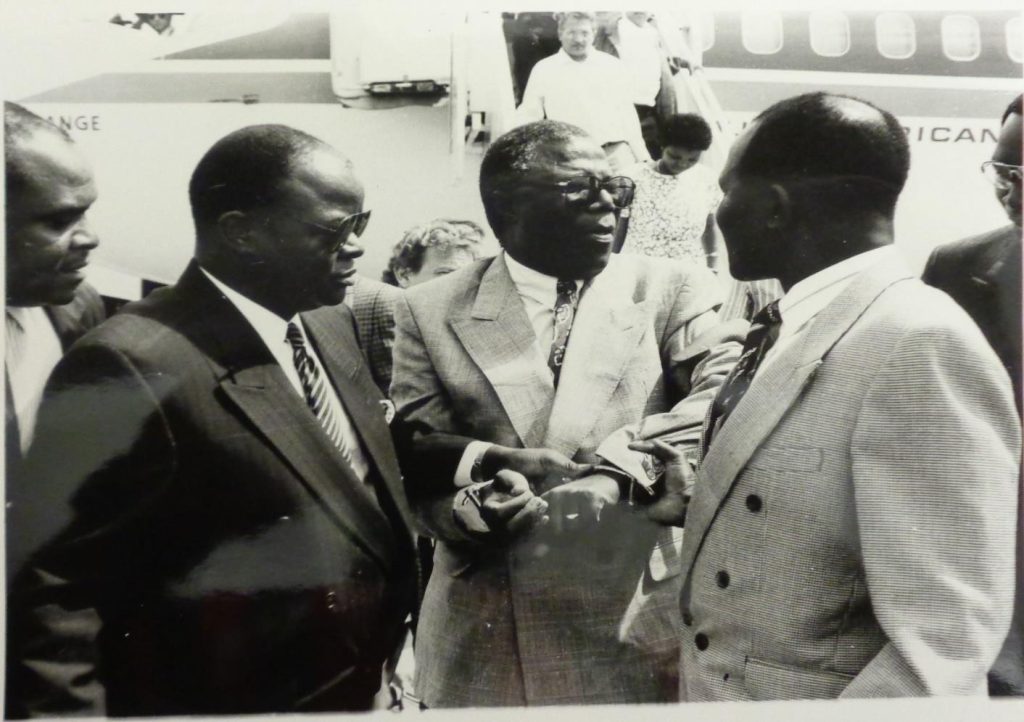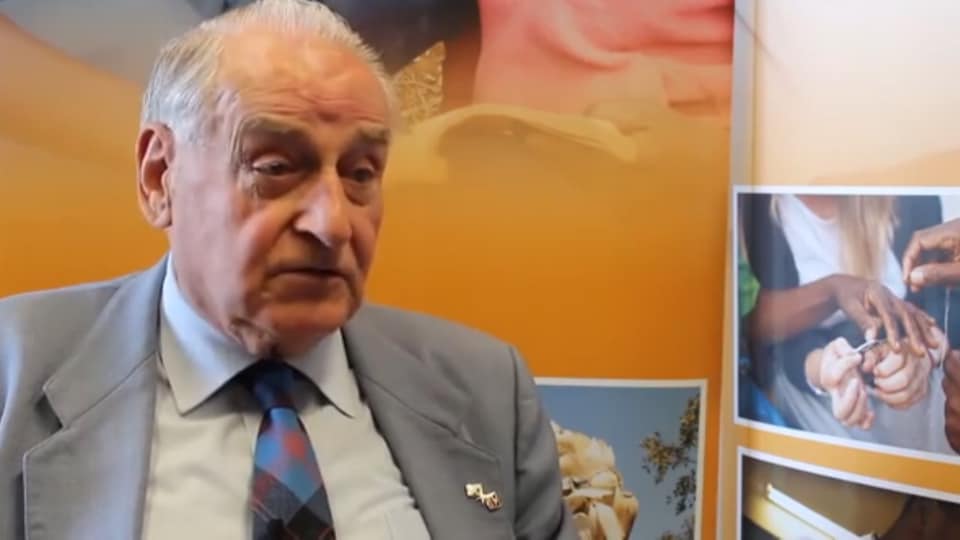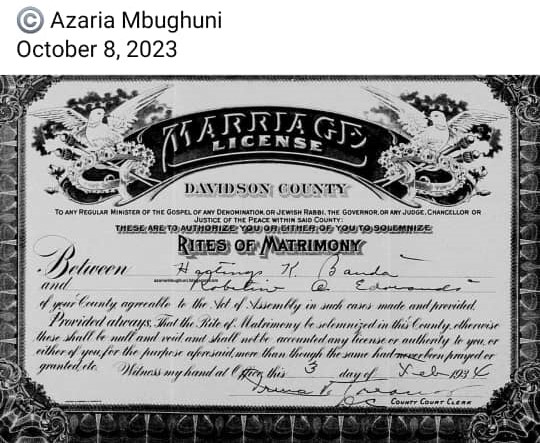
The history of organized labour in Malawi goes back as far as 1945 when the first trade union or workers’ organisation, the Transport and General Workers Union, initially called Magalimoto , was set up by two truck drivers cum politicians by the names of *Lawrence Makata* and *Lali Lubani.*
A few years later, the following trade unions were established:
1. Commercial and General Workers Union (The union that Chakufwa Chihana served as organiser and top leader in late 1950s and 1960s).
2. Building and Construction Workers Union
3. National Union of Plantation and Agriculture Workers
4. Local Government Employees Union,
5. Nyasaland Teachers Union
6. National Union of Mine Workers.
In 1952, the *Trade Union Congress of Nyasaland* (TUCN) was instituted as a national centre of all trade unions.
After a while, due to leadership wrangles some trade unions pulled out of the TUCN and formed a federation of their own called the *National Council of Labor* (NCL).
In 1964, the TUCN and NCL merged to form the *Trade Union Congress of Malawi* (TUCM).
Malawi’s attainment of self-government in 1963 and independence in 1964 was viewed as a huge sigh of relief to the trade union movement which had existed under the close and watchful eye of the colonial government for almost two decades.
Paradoxically, in post-independent Malawi, the cordial relationship between the ruling elite and the trade unions who had gallantly fought together alongside other nationalists as a united front in the struggle for self-government and independence of Nyasaland abruptly turned sour in the wake of the cabinet crisis which occurred barely eight weeks after Malawi became independent on 6th July 1964.
The cabinet crisis of 1964 was disarray within the first cabinet of post-independent Malawi which was created by abrupt expulsions of some ministers from the cabinet and subsequent resignations by other ministers following an irreconcilable and growing rift that had developed between the then-prime minister Dr H.K. Banda and cabinet ministers on administrative and critical policy issues.
Trade unions which had felt greatly side-lined by the post-colonial government for some time took a stance in support of the ex-ministers.
A delegation of trade unionists led by the Secretary General of Nyasaland Trade Union Congress (then changed to Trade Union Congress of Malawi); Comrade Stewart Nkolokosa met one of the ex-ministers-Masauko Chipembere in Blantyre to present a trade union statement of solidarity to their cause.
From then, the state relentlessly became hostile towards the trade union movement.
For instance, by the end of 1964, fourteen (14) of the 19 trade unions had been de-registered by the Ministry of Labor.
All civil service trade unions were banned and the Teachers Union of Malawi was renamed the Teachers’ Association with intense pressure from the state.
Further to this, the 1965 Malawi Congress Party (MCP) convention adopted a policy of compulsory affiliation of all trade unions to the MCP. This entailed that the MCP had the power to meddle in trade union affairs including the election of office bearers and ensuring that at all times, the trade unions conformed to the interests of the party and the state.
Other prominent trade union leaders like *Winston Chisiza* were brutally murdered in the wake of the cabinet crisis of 1964, while some renowned trade unionists like *Susgo Msiska, Charles Msiska, Stuart Nkolokosa, Kelly Zidana and Chakufwa Chihana* among others successfully fled into exile.
Whereas some trade union leaders and members who remained in the country faced detentions without trial for sympathizing with the dissident cabinet ministers in the wake of the cabinet crisis of 1964, other trade unionists were cunningly co-opted into the apparatus of the state as a means of muzzling the trade union movement.
For instance:
1. *Richard Sembeleka* who earlier on had served as Secretary General for the Malawi Railways Workers Union became the Minister of Labor in 1965.
2. *Nyemba Mbekeani* , once the Chairman of the Trade Union Congress of Nyasaland (TUCN), was appointed Malawi’s High Commissioner to the United Kingdom where *John Ngwiri* , another figure with trade union work experience at both local and international levels, was deployed as his counsellor.
3. *John Ngwiri* later in 1985 was dismissed from the civil service having served for 10 years as Secretary in the Office of President and Cabinet (head of the civil service).
4. When Malawi established diplomatic ties with South Africa in 1968, it also pleased the then State President Dr H. K Banda appointed another trade unionist *Joe Kachingwe* as the first secretary for Malawi’s delegation to South Africa and in July 1971, he became Malawi’s first Ambassador to South Africa.
For about 30 years or so after the advent of the cabinet crisis of 1964, trade unions and workers in Malawi were subjected to a draconian legal framework of labour relations.
_TO BE CONTINUED…_


